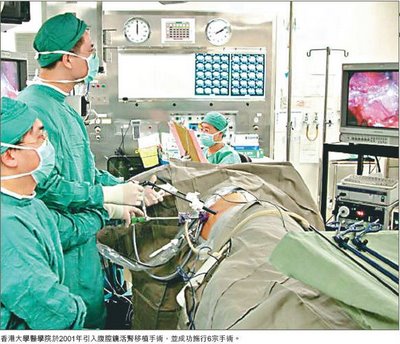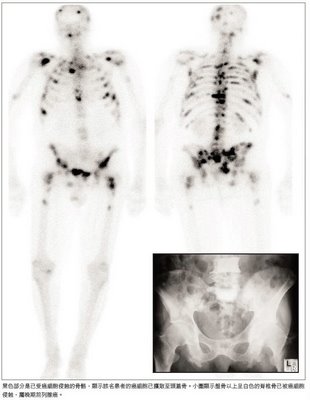Congenital diaphragmatic hernia

Peritoneopericardial diaphragmatic hernia in a catCongenital Diaphragmatic Hernia (CDH) is a congenital abnormality that is often life-threatening because it can limit the growth of the lungs. The site of herniation is most commonly found on the left side in the hole originally designed for the entry of alimentary canal. Herniation is sometimes found near sternum.
Defects
It involves three major defects.
A failure of the diaphragm to completely close during development.
Herniation of the abdominal contents into the chest
Pulmonary Hypoplasia
Early diagnosis and presentation
This condition can often be diagnosed before birth and fetal intervention can sometimes help, depending on the severity of the condition.[1] Infants born with diaphragmatic hernia experience respiratory failure due to both pulmonary hypertension and pulmonary hypoplasia. The first condition is a restriction of blood flow through the lungs thought to be caused by defects in the lung. Pulmonary hypoplasia or decreased lung volume is directly related to the abdominal organs presence in the chest cavity which causes the lungs to be severely undersized, especially on the side of the hernia.
Survival rates for infants with this condition vary, but have generally been increasing through advances in neonatal medicine. Work has been done to correlate survival rates to ultrasound measurements of the lung volume as compared to the baby's head circumfrence. This figure known as the lung to head ratio (LHR) may be used to determine if fetal surgery may be used





